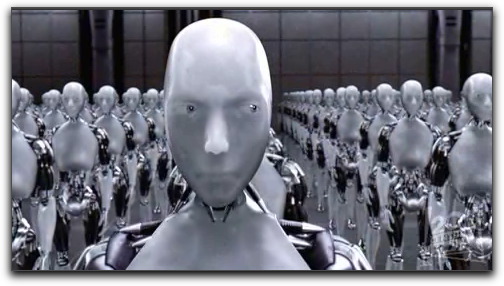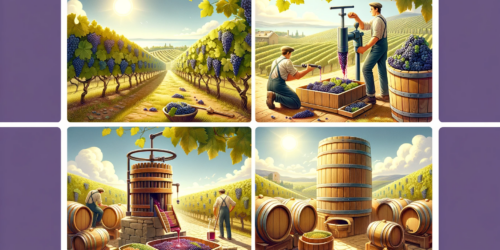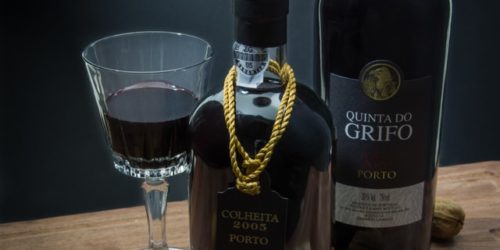Wine Robots Take Over The World

Winemaking and robots – together at last
 I was looking for an interesting topic to write about earlier when I discovered this BBC video regarding the little robot that has been designed to help French growers to tend their vines. You have to watch the video all the way to the end but it is only a couple of minutes. It trundles along between the vines, recognising each plant and pruning it if necessary. It also provides the winemaker with valuable data regarding the health of the soil and the plants.
I was looking for an interesting topic to write about earlier when I discovered this BBC video regarding the little robot that has been designed to help French growers to tend their vines. You have to watch the video all the way to the end but it is only a couple of minutes. It trundles along between the vines, recognising each plant and pruning it if necessary. It also provides the winemaker with valuable data regarding the health of the soil and the plants.
I have to admit, I thought this was pretty cool. Much better than the homemade robots on ‘Robot Wars’ and the camp ones off Star Wars or I-Robot, which are my only frame of reference really. It was nice to see one actually pulling its weight rather than just trying to take out other robots with a big spike or adding nothing to the plot of a film. Sticking a robot in the vineyard could actually really help a busy winemaker; any problems would be identified and reported back, and each plant would get a bit of TLC albeit from a machine.
I wondered whether robots would have any other application within winemaking or indeed the whole wine industry. The possibilities are endless. If they could be programmed to detect noble rot, they could be used for picking the grapes for sweet wines. They could go out in the dead of night to pick the grapes for Eiswein. Also things like remuage in Champagne production are largely mechanised now, perhaps robots could assist with this?
Going forward, we could programme them to detect flavours and predict ageing potential of wines and dispense with wine critics altogether – there would be no need to worry about what will happen when Robert Parker retires, we would simply replace him with a machine. It would simply take a sample of the wine, analyse it, and a concise tasting note would go straight onto a database that would instantly calculate the wine’s en primeur price and spit out loads of graphs and statistics.
But what if the robots got a taste for it? What if our humble servants became our drunken overlords? One sip too many of Cheval Blanc and instead of analysing the wine they decided to turn their attention to world domination. What if wine made from the very vines they were programmed to prune and care for was the fuel that ruined our entire industry and economy, and eventually led to the demise of the entire human race?
I had to think of a plan. The robots were already walking amongst us (well, at least one, in that BBC video), it was only a matter of time before their Cheval Blanc-fuelled frenzy began and all of humankind was seeking solace in the few non-winemaking countries of the world. To stop them in their tracks, we would have to enlist the help of our former arch-nemesis. Phylloxera. We breed a new super-strain of Phylloxera that can withstand the hardy Vitis Labrusca rootstocks onto which most of the world’s vines are grafted. We re-introduce the new super-pest into our vineyards. The vines die. The robots sober up, and while they don’t remember a great deal, they have a nagging feeling that they did something really awful.
But now we have another problem to attend to. Phylloxera has killed all our vines. In order to rebuild the wine industry and eradicate our old enemy Phylloxera for good, we have to turn to our former arch-nemesis. Robots. We programme them to take out the Phylloxera. We also remove the chip that allows them to appreciate wine. Parker comes out of retirement so there is no chance of them getting over-stimulated in Bordeaux and getting any grand ideas about taking over the world while pissed. The robots go back to tending the vines – after all we are pretty busy with rebuilding society so we might as well make use of them. Normal service is resumed, for now at least.
To summarise, I support the use of robots in the vineyard. But we must be ever vigilant. And just in case their introduction spells the beginning of the end of life as we know it, remember you read it here first…





